Invented in 1967 by Donald Slocum who was a chemist at DuPont, Corian is a seamless and durable material that falls into the category of solid surfaces. It is versatile, contemporary and unique and is widely used as countertops, wall cladding, furniture, bathroom sinks, tubs and shower surfaces.
Corian can be moulded into any shape, and stains on it are easily washable, it is a great choice for furniture with curves and smooth edges in houses, hospitals, retail, restaurant and elsewhere.
What makes it a Solid Surface?
Corian is a homogeneous composition of an acrylic polymer and alumina trihydrate, with small amounts of other minerals. The cross-section of the material shows evenly distributed particles and consistent colour, giving rise to the term solid surface. This characteristic makes Corian non-porous, with many advantages.
Pros
- Seamlessness: One of the major reasons that designers opt for Corian is because of its seamless joints and edges. Being its signature feature, the joints are almost invisible and smooth because of a unique adhesive used. Corian has its own colour-matched two-part acrylic adhesive by which the parts are joined together. After the adhesive has dried, the joints are sanded and polished.
- Stain-resistance: Being stain-resistant, it works really well in kitchens. Since the composition of the material does not have any pores for a stain to penetrate into, it is easy to wipe off spills by using a cloth and soap. Because of this reason, it is also protected from bacterial growth.
- Repairability: In case of any damage, Corian sections can be repaired and renewed, instead of having to completely replace the material.
- Thermoformable: This means the material can be moulded into any shape and size. Taking wood or metal as a base (or moulds), Corian can be thermoformed at a certain temperature into the desired 2D and 3D items.
- Colours: Starting off as white, Corian is now available in a diverse range of colours, patterns and textures. Popular Corian designs also include different sizes of grains and patterns (similar to terrazzo). The colours do not fade due to wear and tear.
Apart from that, lighter and thinner Corian has a certain level of translucency that is enabling designers to create lighting effects using the material.
- Toxicity: Corian is a non-toxic, inert material that does not emit gases under normal circumstances.
As much as it sounds like a suitable material for your next project, Corian too has its cons.
Cons
- Durability: Corian, under extreme heat, might get damaged, especially if hot vessels are placed on it for a long duration. It can also get dented if a heavy object falls on it. Because of this reason, Granite seems like a more durable and stronger choice, especially in kitchens.
- Price: It lies on the expensive side of the spectrum of materials that are used to make countertops.
- Not Scratch-proof: Corian is not scratch-resistant, especially in darker colours. Hence, hitting it with sharp objects and using it as a chopping board should be avoided.
- Composition: The composition of Corian is acrylic, which is plastic, which might not sound like an environment-friendly option to some.
With the advancement in technology, Corian wall cladding with textures is also available now. These can be combined with unique lighting designs to enhance its translucency.
Moreover, Corian can also be engraved and carved to create gorgeous and intricate jaalis or screens and partitions, using CNC machinery. It can be combined with other materials and used in exterior cladding too.
Sizes and prices
Corian is available in three thicknesses – 6, 12 and 19 millimetres – mostly manufactured in Buffalo near New York. Some Corian manufacturing plants are also operative in Turkey, South Korea, and China, where it is produced in huge volumes and exported globally. The cost of Corian varies. A typical plain white Corian sheet will cost less compared to coloured Corian or Corian with patterns and grains.
In India, Corian prices per square foot range from Rs 525 (for a 6 millimetre-thick sheet), to Rs 675 (12 millimetre-thick sheet), to Rs 1200 (19 millimetre-thick sheet). These prices are for the plain white sheets of the original Corian brand, DuPont.
The coloured and textured sheets are usually only available in 12 millimetre thickness, with a price range of Rs 750–1200 per foot. Apart from DuPont, some other brands also sell Corian sheets, and their rates are slightly lower.



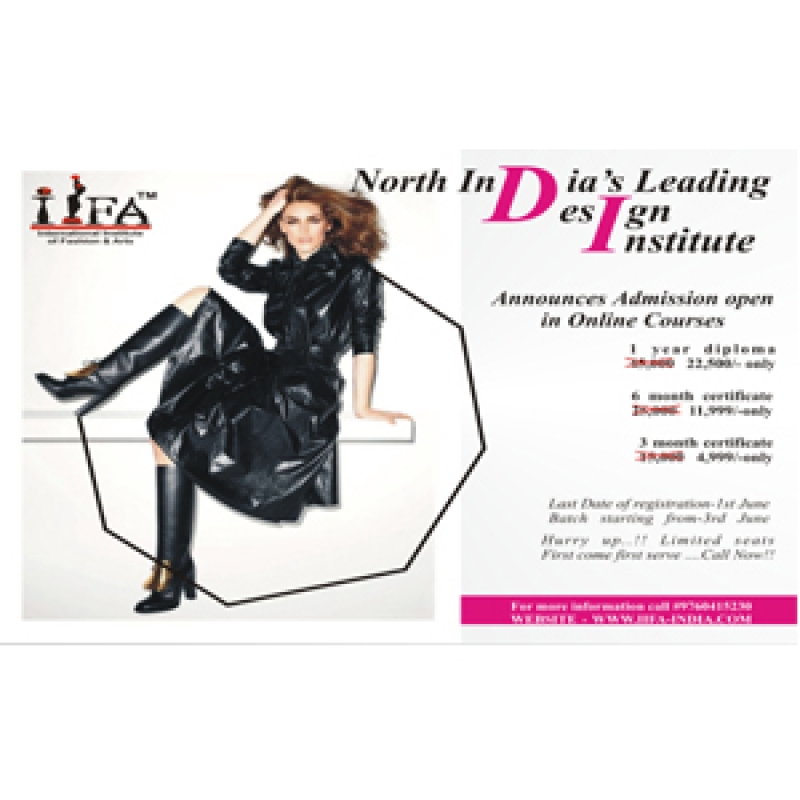

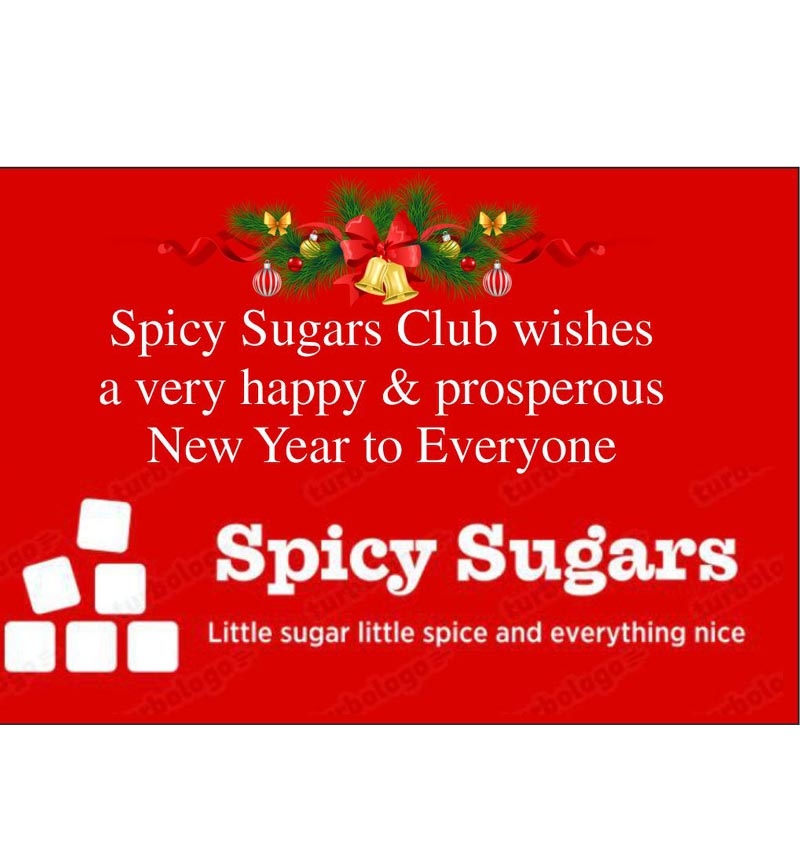
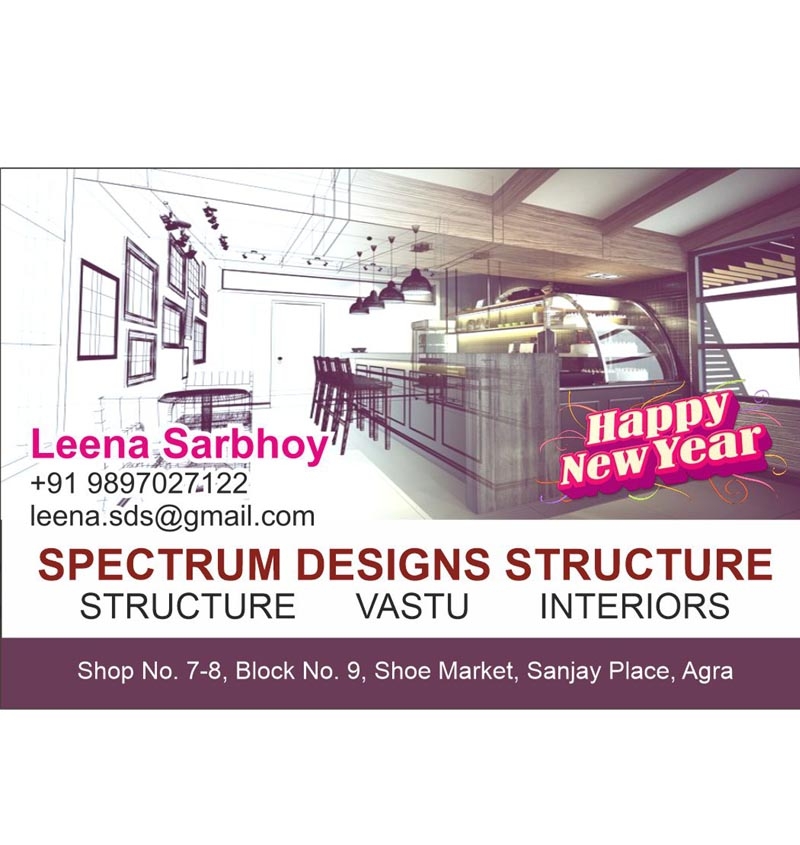
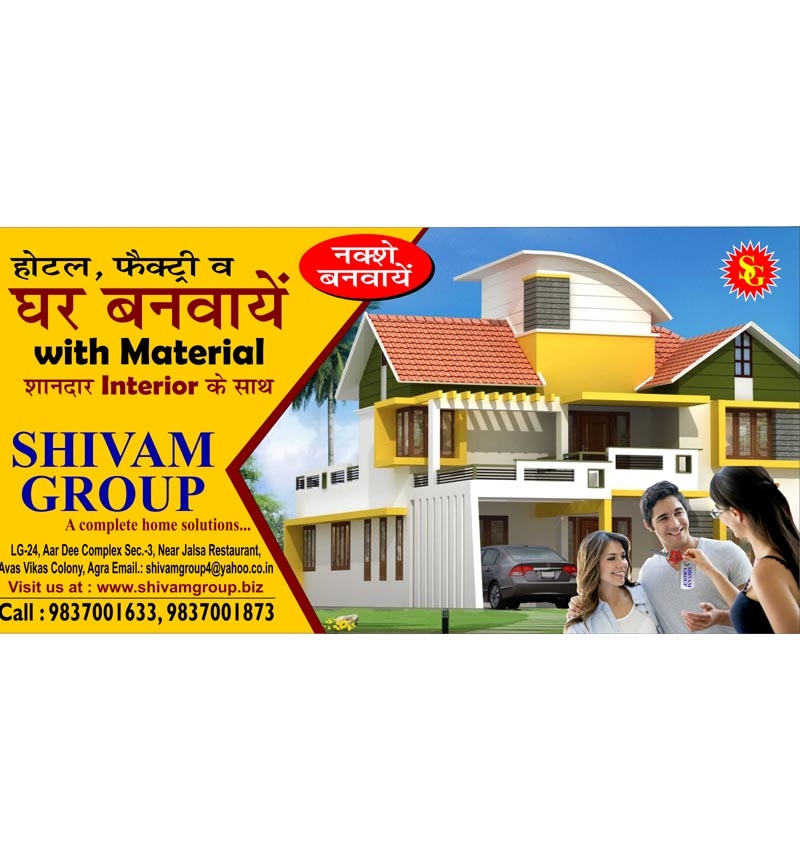
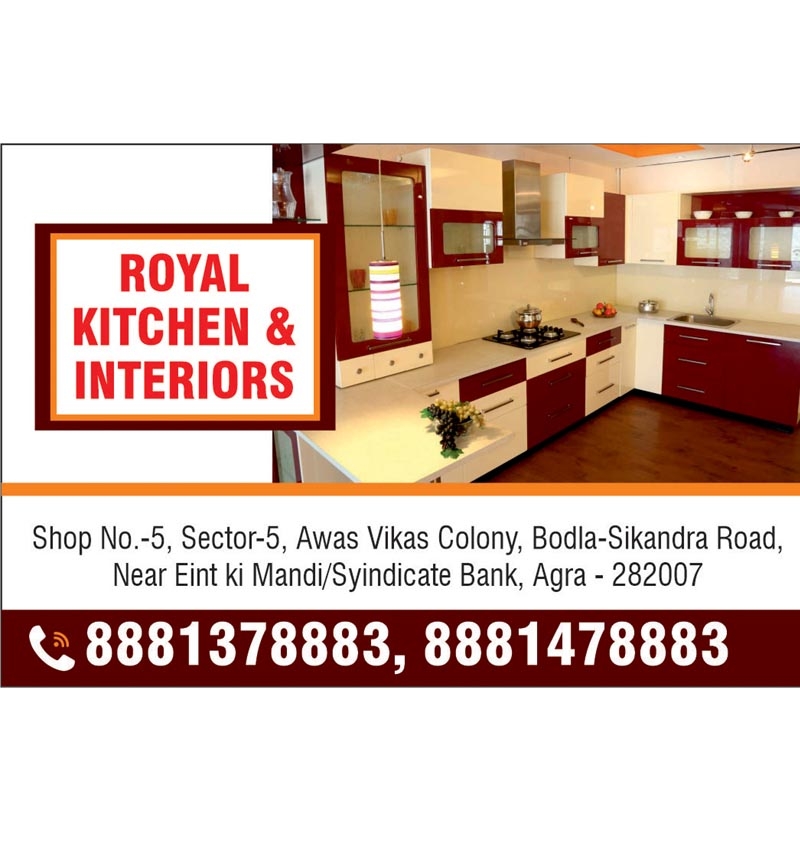
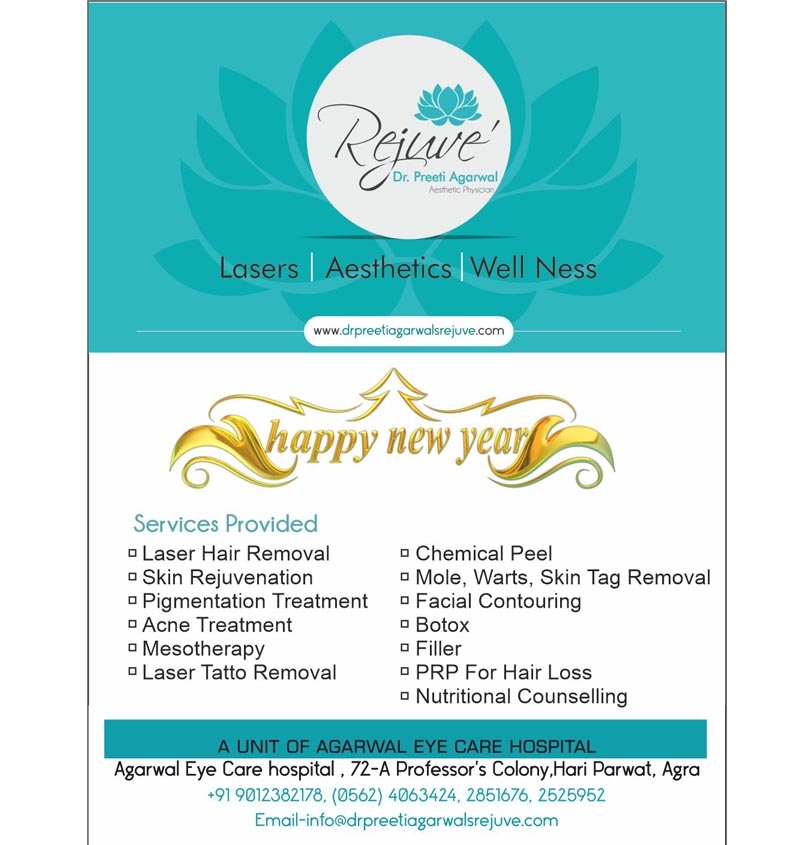

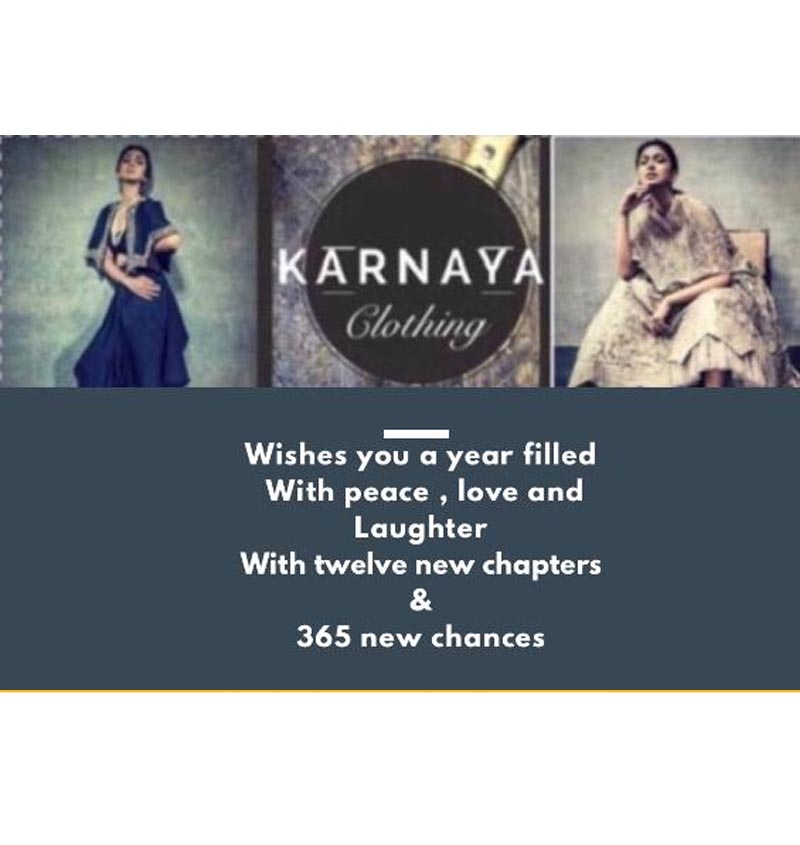
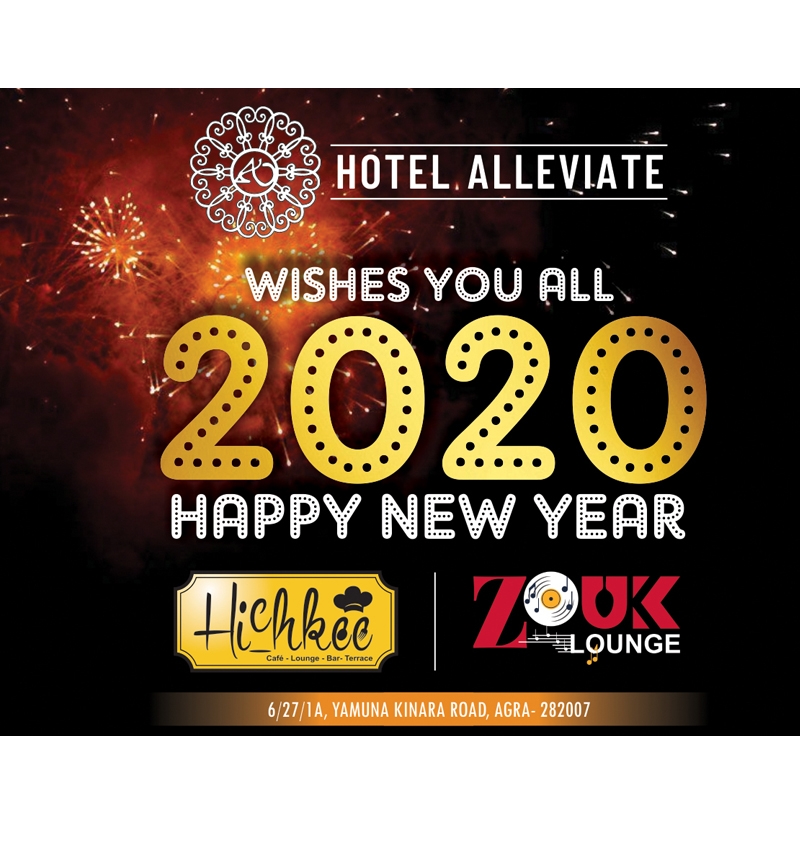
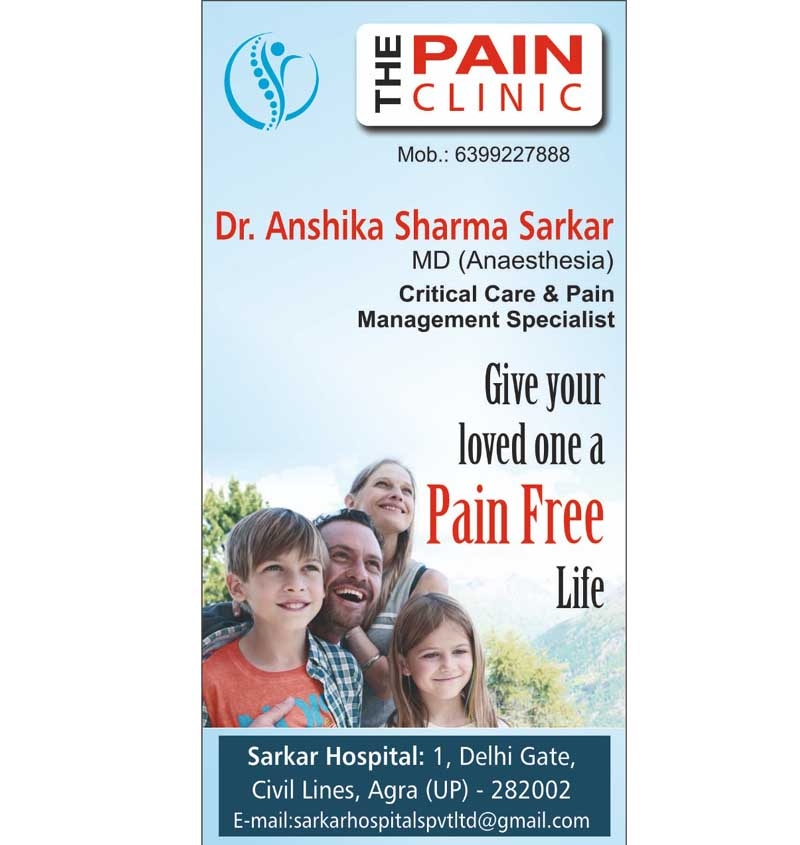
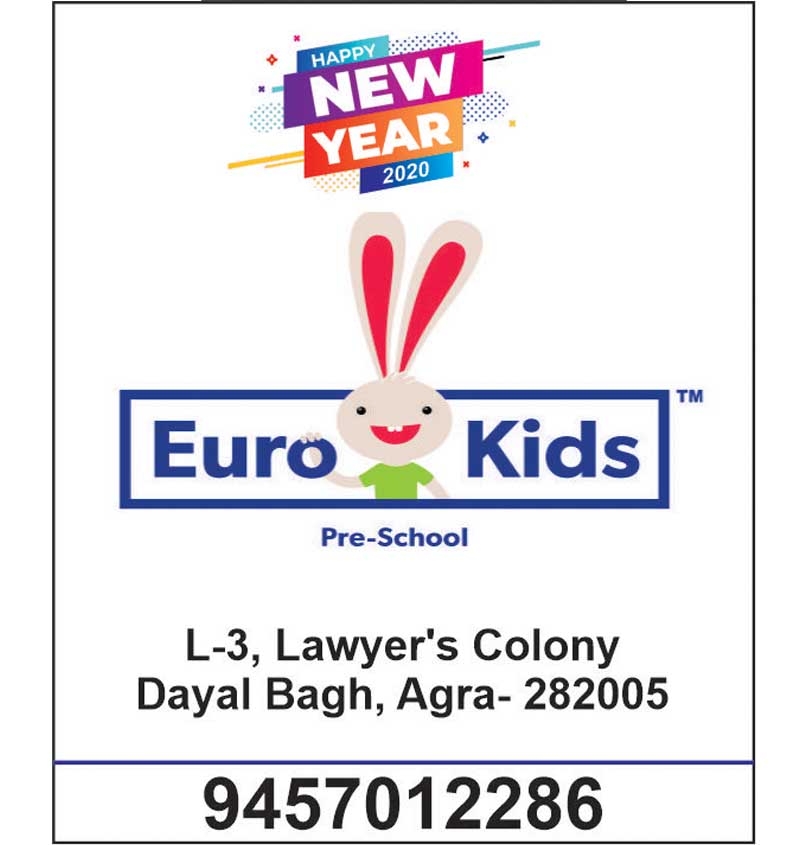
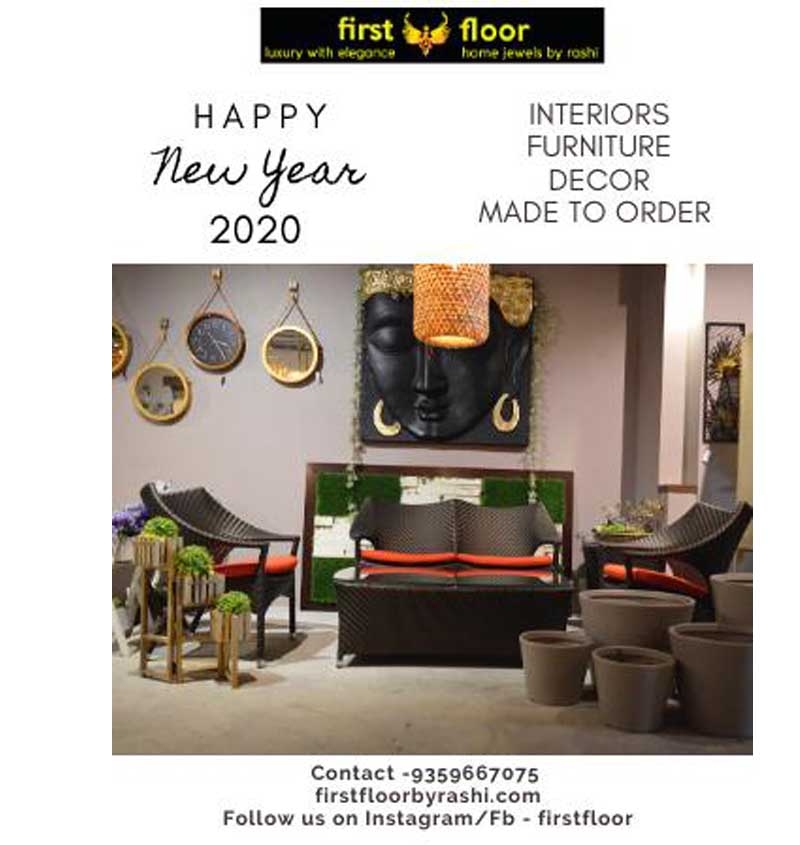
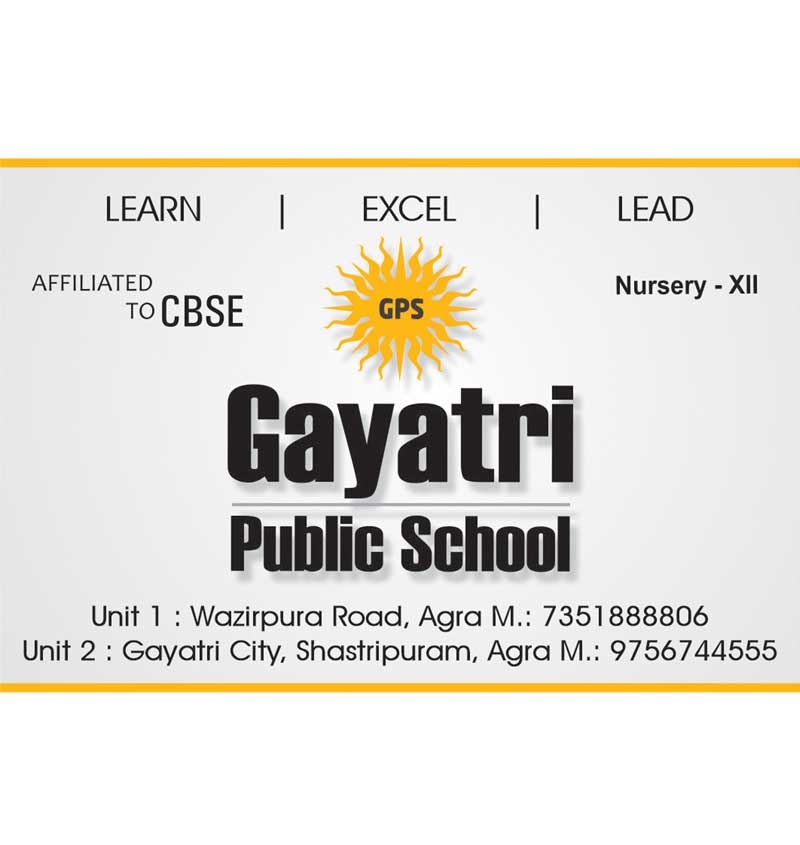
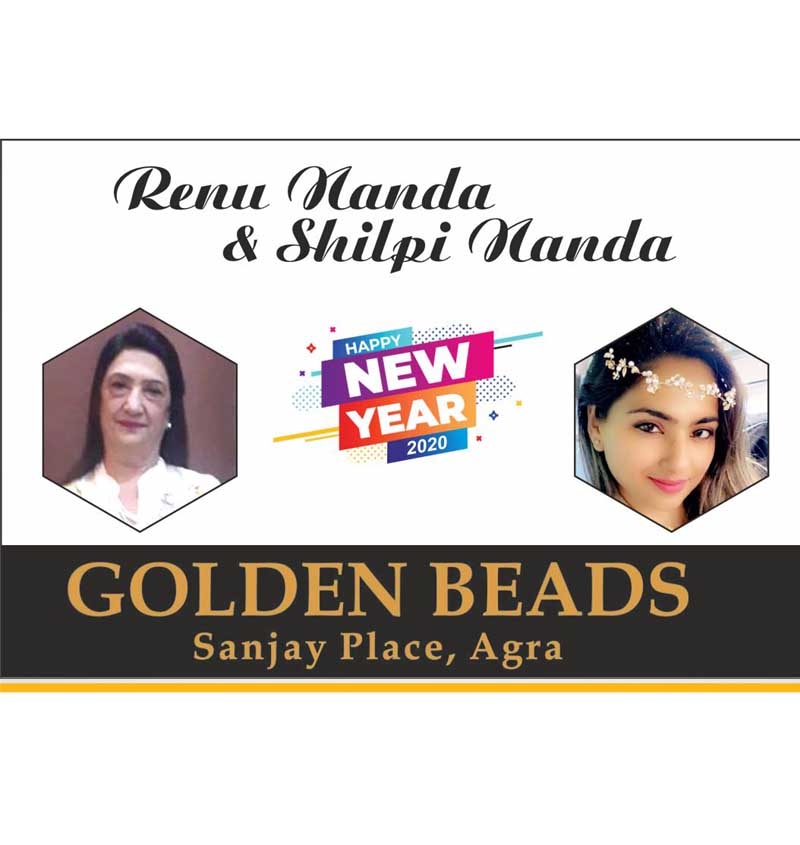
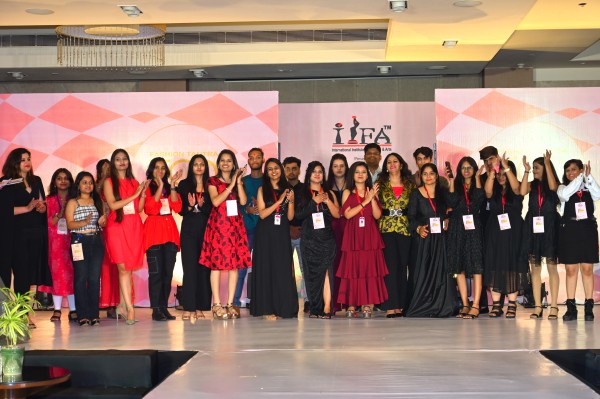
Your Message